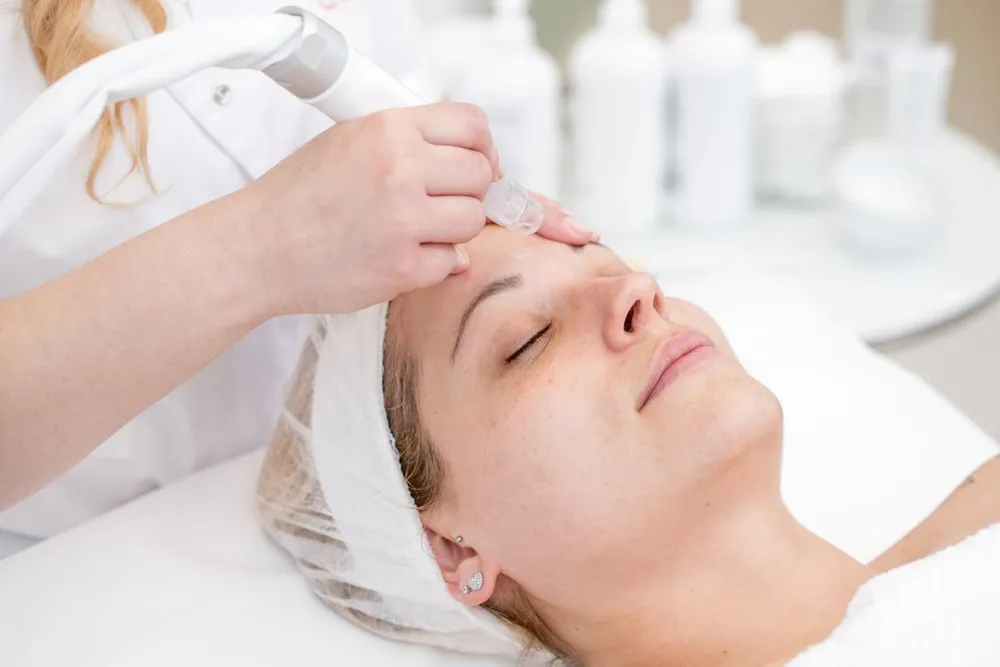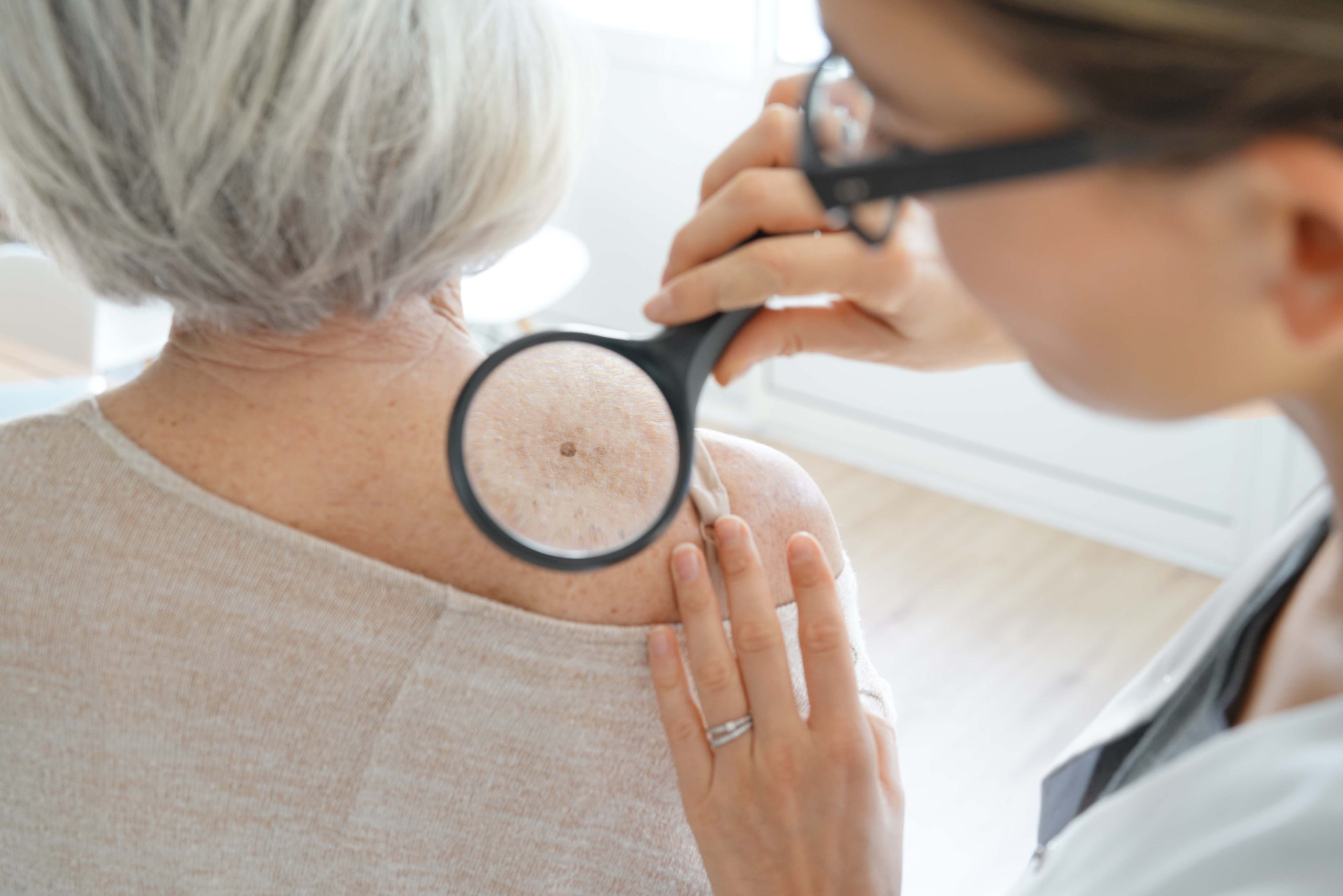
A dermatologist specializes in diagnosing and treating conditions affecting the skin, hair, and nails, offering both medical and cosmetic solutions. From addressing acne to providing advanced anti-aging treatments, dermatologists use a range of procedures to improve skin health and appearance. Here are four skincare treatments dermatologists offer:
Acne and Blemish Treatments
A dermatologist provides several treatment options for acne and blemishes. Prescription medications form the foundation of acne treatment, including topical retinoids, antibiotics, and benzoyl peroxide formulations. These medications work by reducing inflammation, killing bacteria, and preventing clogged pores. Dermatologists also prescribe oral medications for severe cases.
Professional procedures help clear existing breakouts and prevent future ones. Chemical peels can remove dead skin cells and unclog pores using acids. Light therapy treatments target acne-causing bacteria and can reduce inflammation. Extraction procedures remove blackheads and whiteheads safely without causing scarring. Dermatologists create personalized treatment plans based on acne severity and skin type. Regular follow-up appointments allow skin care physicians to adjust treatments and monitor progress.
Anti-Aging and Skin Rejuvenation Services
Dermatologists offer various treatments to address signs of aging and improve skin texture. Injectable treatments, such as Botox, reduce dynamic wrinkles by temporarily relaxing the facial muscles. Dermal fillers restore volume to areas affected by age-related fat loss, smoothing wrinkles and enhancing facial contours.
Laser treatments provide effective solutions for multiple aging concerns. Chemical peels address various aging concerns depending on their depth. Superficial peels improve skin brightness and texture with minimal downtime. Deep peels provide dramatic results for severe photoaging but require longer recovery periods.
Treatments for Skin Conditions and Disorders
A skin doctor diagnoses and treats numerous medical conditions affecting the skin. Eczema management involves identifying triggers, prescribing anti-inflammatory medications, and recommending proper skincare routines. Topical corticosteroids can help control inflammation during flare-ups, while moisturizers maintain skin barrier function between episodes.
Psoriasis treatment varies based on severity and affected body areas. Topical treatments often include corticosteroids, vitamin D analogs, and retinoids for localized patches. Systemic medications or biologic therapies may be necessary for extensive or severe cases. Phototherapy, which involves controlled exposure to UV light, also helps manage psoriasis symptoms.
Rosacea requires a comprehensive approach combining trigger avoidance, gentle skincare, and medical treatment. Dermatologists prescribe topical or oral antibiotics to control inflammation and redness. Laser treatments can help reduce visible blood vessels and persistent redness associated with this condition.
Skin Cancer Screening and Removal
Regular skin cancer screening forms a fundamental part of dermatological care. A dermatologist examines the entire skin surface, looking for suspicious moles, lesions, or changes in existing growths. Digital photography helps track changes in moles over time, making it easier to detect early signs of cancer.
When suspicious lesions are identified, dermatologists perform biopsies to determine if cancer cells are present. Laboratory analysis provides a definitive diagnosis and guides treatment decisions. Mohs surgery is regarded as the gold standard for treating certain types of skin cancer. This specialized procedure removes cancer layer by layer while preserving healthy tissue. The skin specialist examines each removed layer under a microscope during surgery.
Book Your Dermatologist Appointment Today
Dermatologists provide comprehensive care for both medical and cosmetic skin concerns. These skin care physicians offer specialized expertise that general practitioners cannot match. Regular visits to a dermatology specialist help maintain healthy skin and catch problems early. Schedule an appointment with a qualified dermatologist to discuss your specific skin concerns and develop an appropriate treatment plan.




